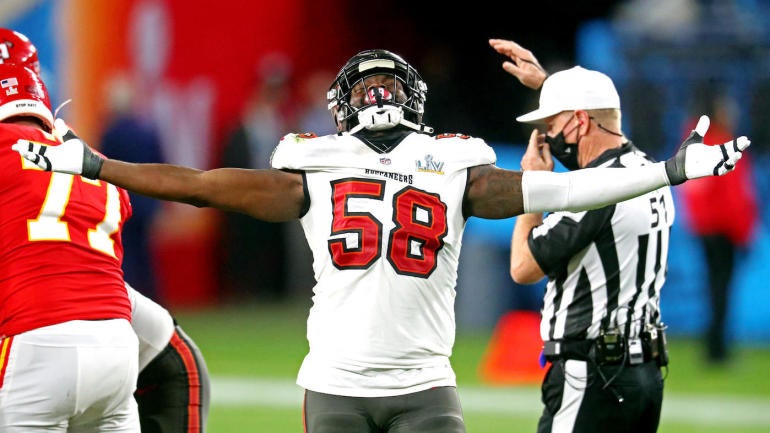
The NFL underwent its first significant regular-season schedule change since 1978, as the owners approved the addition of a 17th game to the schedule beginning in 2021 this offseason. The change was a year in the making as the owners had the option in the new collective bargaining agreement to increase the number of regular-season games per club to 17 -- but not more -- at any time. The change will also result in the league reducing preseason games from four to three -- the maximum amount of games the new CBA allows.
By clicking here, you can view the full preseason schedule. And by clicking here, you can view the entire regular-season schedule and see what this new 17-game slate looks like for every team.
"This is a monumental moment in NFL history," NFL commissioner Roger Goodell said of the change when it was ratified in March. "The CBA with the players and the recently completed media agreements provide the foundation for us to enhance the quality of the NFL experience for our fans. And one of the benefits of each team playing 17 regular-season games is the ability for us to continue to grow our game around the world."
One of the biggest changes to the schedule will be the interconference alignment for the 17th game. Teams will play five interconference games instead of four as AFC teams will get the home game for the 2021 season (which will rotate to the NFC the following season). The NFC East will play the AFC East, NFC West vs AFC North, NFC South vs. AFC South, and NFC North vs. AFC West -- as the matchups are determined from division finish from the 2020 season.
Here are the matchups for the 17th game:
Packers at Chiefs
Bears at Raiders
Vikings at Chargers
Lions at Broncos
Seahawks at Steelers
Rams at Ravens
Cardinals at Browns
49ers at Bengals
Saints at Titans
Buccaneers at Colts
Panthers at Texans
Falcons at Jaguars
Washington at Bills
Giants at Dolphins
Cowboys at Patriots
Eagles at Jets
Under new the scheduling formula, every team plays 17 regular-season games with one bye week. Clubs will host 10 games overall – either nine regular-season games and one preseason game or eight regular-season games and two preseason games.
- Home and away against its three division opponents (six games).
- The four teams from another division within its conference on a rotating three-year cycle (four games).
- The four teams from a division in the other conference on a rotating four-year cycle (four games).
- Two intraconference games based on the prior year's standings (two games). These games match a first-place team against the first-place teams in the two same-conference divisions the team is not scheduled to play that season. The second-place, third-place and fourth-place teams in a conference are matched in the same way each year.
- One interconference game based on the prior year's standings on a rotating four-year cycle (one game). These games match a first-place team from one division against a first-place team in an opposite conference division that the team is not scheduled to play that season. The second-place, third-place and fourth-place teams in each division are matched in the same way each year. The home conference for this game will rotate each season.
The league will keep one bye week during the season, so the regular season will expand from 17 to 18 weeks -- pushing the conclusion of the regular season to Jan. 9. The season will begin on Sept. 9.
The NFL postseason will start the weekend of Jan. 15-17 and Super Bowl LVI will be played on Feb. 13, 2022 -- the latest Super Bowl kickoff ever. The 2022 Pro Bowl will be played on Sunday, Feb. 6 -- a week before the Super Bowl.
In addition, all 32 clubs will play internationally at least once every eight years. The scheduling of up to four neutral-site games per year in a country outside the United States will focus initially on Canada, Europe, Mexico, South America and the United Kingdom.
![[object Object] Logo](https://sportshub.cbsistatic.com/i/2020/04/22/e9ceb731-8b3f-4c60-98fe-090ab66a2997/screen-shot-2020-04-22-at-11-04-56-am.png)


















